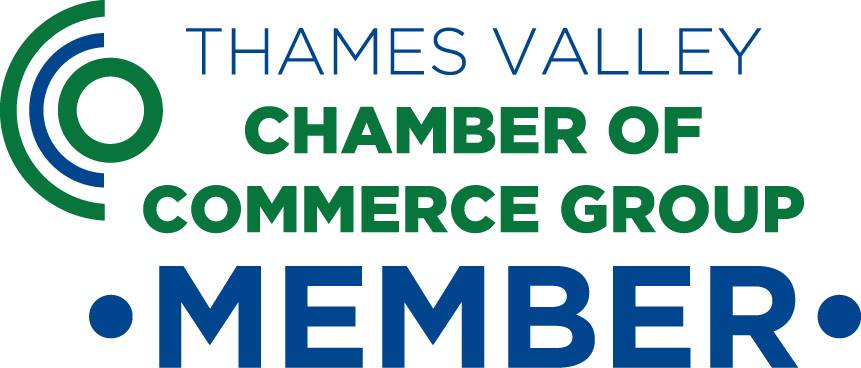Employers are by law required to set out a grievance procedure and share it in writing with all employees. It can be part of the employment contract, or outlined in the employee handbook. The Grievance Policy and Procedure should include details on the process (i.e., how to raise a formal grievance), and the point of contact (who it can be raised with, and their contact details). Although the Acas Code of Practice isn’t legally binding, an employment tribunal can reduce or increase any money awarded in a case by up to 25% if the code hasn’t been followed.
Considering the above, there’s no doubt that having a reasonable grievance procedure in the workplace can help avoid lengthy, complicated, and costly tribunals. If you’re not careful, grievances can turn into major problems that affect your entire business, even to the point of losing staff, or being liable for a hefty claim.
Process
A grievance should, in the first instance, be dealt with informally. This can include an informal conversation with the employee concerned, or an informal conflict resolution process, if more individuals are involved, and the case can be closed at this stage. If, however, it is of a more serious nature, the employer may have to move to the formal grievance procedure.
That includes 4 main steps:
- Grievance to be put in writing
- Thorough investigation to take place
- The actual Grievance Hearing
- The Grievance outcome.
It is crucial that grievances are dealt with in a timely manner.
A grievance hearing should be conducted fairly and impartially, with the employee given the opportunity to put their concerns without interruption.
Overall, the grievance policy and procedure should comply with the general principles of natural justice and fair process. That includes the following:
- A fair, transparent process and thorough investigation/examination of all employee grievances.
- An opportunity for the employee to be heard and allowing them to discuss their concerns and put their case forward.
- The right for the employee to be accompanied by a work colleague or trade union representative.
- An impartial decision on the outcome of the grievance, and appropriate subsequent action.
Apart from meeting legal obligations, a clearly defined grievance process allows you to communicate how your employees can raise complaints and sets out clearly how the company will deal with them.
It should also help protect the employee from facing unfair treatment because of raising a grievance and should promote a healthy grievance culture.
Regardless of the nature of the grievance, employees should have confidence that their complaints will be taken seriously and dealt with timely, fairly and impartially.
An effective grievance procedure is important in fostering a culture of fair treatment that encourages commitment and staff retention.




